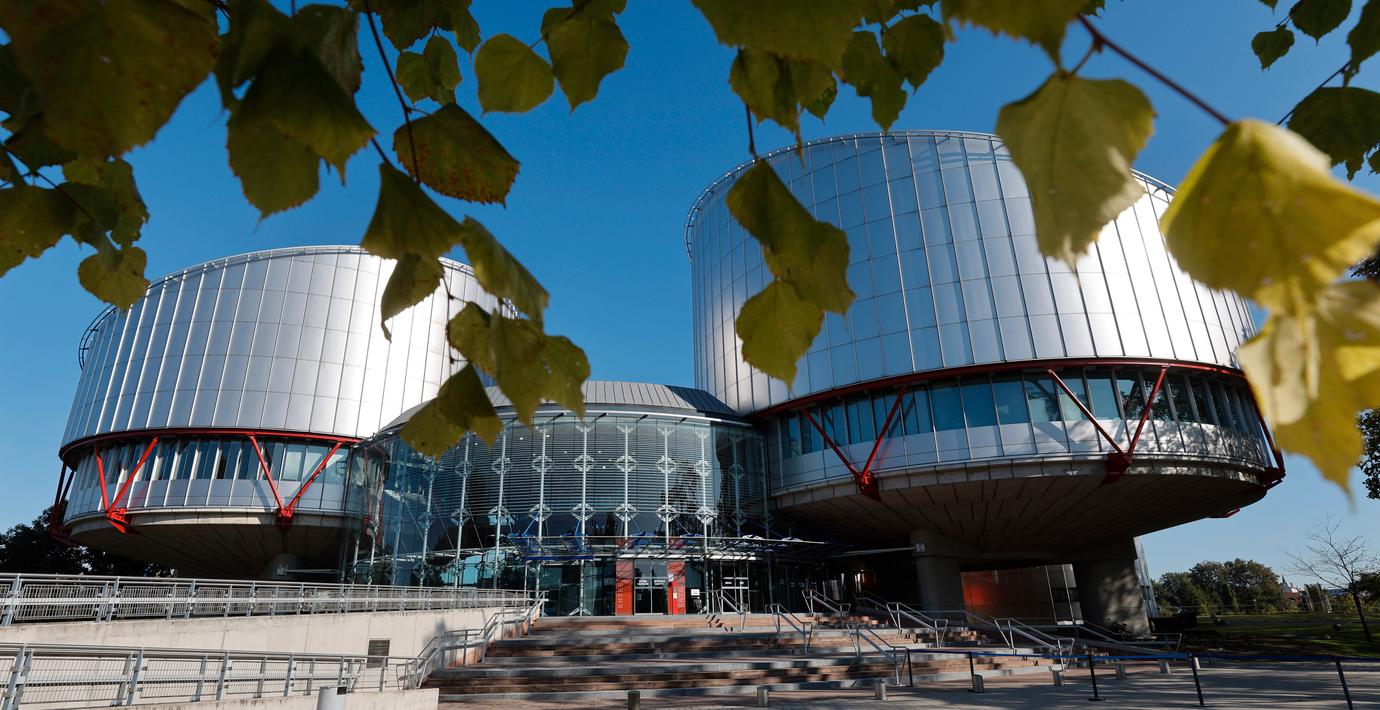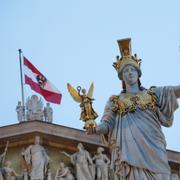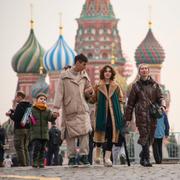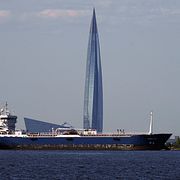
Europadomstolen dömer ut Rysslands ”agentlagar”
De ryska lagar som kräver att journalister, aktivister och andra medborgare registrerar sig som ”utländska agenter” bryter mot mänskliga rättigheter. Det konstaterade Europeiska domstolen för de mänskliga rättigheterna på tisdagen.
De ryska lagarnas syfte är att ”straffa och skrämma snarare än att ta itu med det påstådda behovet av transparens”, skriver domstolen, enligt AFP.
Åtalet väcktes av 107 målsägande som menar att Ryssland infört lagarna som en systematisk kampanj mot regeringskritiker.
Domstolen uppmanar Ryssland att betala ut olika belopp på mellan 5 000 till 10 000 euro till de målsäganden för icke-ekonomisk skada och dessutom belopp för konkreta ekonomiska skador, skriver nyhetsbyrån.
Ryska agentlagarna
Wikipedia (en)
The Russian foreign agent law requires anyone who receives support from outside Russia or is under influence from outside Russia to register and declare themselves as foreign agents. Once registered, they are subject to additional audits and are obliged to mark all their publications with a 24-word disclaimer saying that they are being distributed by a "foreign agent". The phrase "foreign agent" (Russian: иностранный агент) in Russian has strong associations with Cold War-era espionage. The law has been heavily criticized both in Russia and internationally as violating human rights, and as a tool used to suppress civil society and press freedom within Russia, particularly groups opposed to Vladimir Putin.
The law was implemented in response to protests against Vladimir Putin's return to the presidency in the 2012 presidential election, and was designed to constrain independent NGOs. The bill was introduced in July 2012 by legislators from the governing United Russia party and signed into law by Putin on 20 July 2012. The new legislation consisted of a series of amendments to the criminal code and the laws "On Public Associations", "On Noncommercial Organizations", and "On Combating Money Laundering and the Financing of Terrorism". The law went into effect in November 2012, and was actively enforced by the Federal Security Service from February 2013. Its supporters initially likened it to United States legislation on lobbyists employed by foreign governments, the Foreign Agents Registration Act. Since its introduction, the scope of the law has been progressively expanded.
At first, the law applied to NGOs receiving funds from abroad that engaged in "political activity". The "foreign agent" designation was first imposed against media organisations in 2017. In December 2019, Putin signed an expansion of the legislation to include private individuals or groups receiving any amount of foreign funding which published "printed, audio, audio visual or other reports and materials". In September 2021, the law was expanded to include Russian citizens who report or share information on crime, corruption or other problems related to the military, space and security services or their employees.
On 14 July 2022, Vladimir Putin signed the Federal Law No. 255-FZ "About control over activity of persons under foreign influence" which replaced all previous laws which had been being introduced the term "foreign agent". This law entered into force on 1 December 2022. In accordance with the new codified law, as "foreign agent" can be declared any Russian and foreign legal entity (regardless of its organisational and legal form), unregistered association or natural person (regardless of his citizenship). The grounds for recognition as a "foreign agent" are receiving "support" (money and other assets, scientific, technical or methodological assistance) from foreign sources and "being under the foreign influence" (impact by persuasion). Only one ground is enough to be declared as a "foreign agent". Russian organisations and citizens can also be considered as foreign sources if they are under the foreign influence or receive "support" from foreign sources. As political activity are considered any public dissemination of information, any influence on policy of state bodies, and any gathering of information in the military and military-technical area. Persons labelled as "foreign agents" are deprived of the right to be an official of state and local bodies and an employee of educational organisations, to hold meetings, processions and other public street activities, to receive financial support from the government, etc.
On 11 March 2024, was signed the Federal Law No. 42-FZ, which contained the amendments, according to which the placement of advertising on the resources of "foreign agents" was prohibited.
On 15 May 2024, Vladimir Putin signed the Federal Law No. 99-FZ which contained the amendments to the Federal Law of 12 June 2002 No. 67-FZ "About fundamental guarantees of electoral rights and the right to participate in a referendum of citizens of the Russian Federation". In accordance with these amendments, citizens labelled as "foreign agents" are deprived of passive suffrage, and members of legislative (representative) bodies, declared as "foreign agents" during the period of their office, lose their mandates prematurely. This law entered into force from the day of its official publication.
ECHR − Europeiska domstolen för de mänskliga rättigheterna
Wikipedia (en)
The European Court of Human Rights (ECtHR), also known as the Strasbourg Court, is an international court of the Council of Europe which interprets the European Convention on Human Rights (ECHR). The court hears applications alleging that a contracting state has breached one or more of the human rights enumerated in the convention or its optional protocols to which a member state is a party. The court is based in Strasbourg, France.
The court was established in 1959 and decided its first case in 1960 in Lawless v. Ireland. An application can be lodged by an individual, a group of individuals, or one or more of the other contracting states. Aside from judgments, the court can also issue advisory opinions. The convention was adopted within the context of the Council of Europe, and all of its 46 member states are contracting parties to the convention. The court's primary means of judicial interpretation is the living instrument doctrine, meaning that the Convention is interpreted in light of present-day conditions.
International law scholars consider the ECtHR to be the most effective international human rights court in the world. Nevertheless, the court has faced challenges with verdicts not implemented by the contracting parties.
Omni är politiskt obundna och oberoende. Vi strävar efter att ge fler perspektiv på nyheterna. Har du frågor eller synpunkter kring vår rapportering? Kontakta redaktionen



